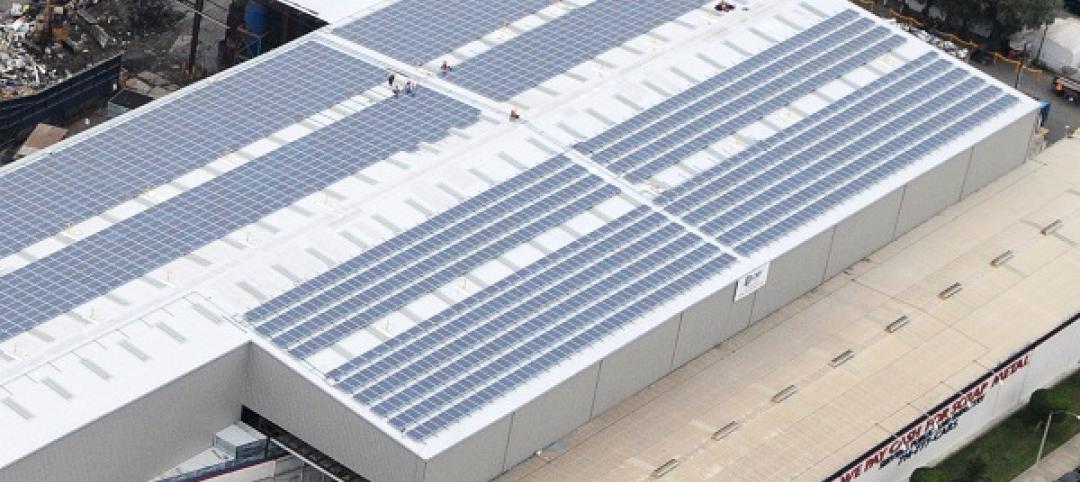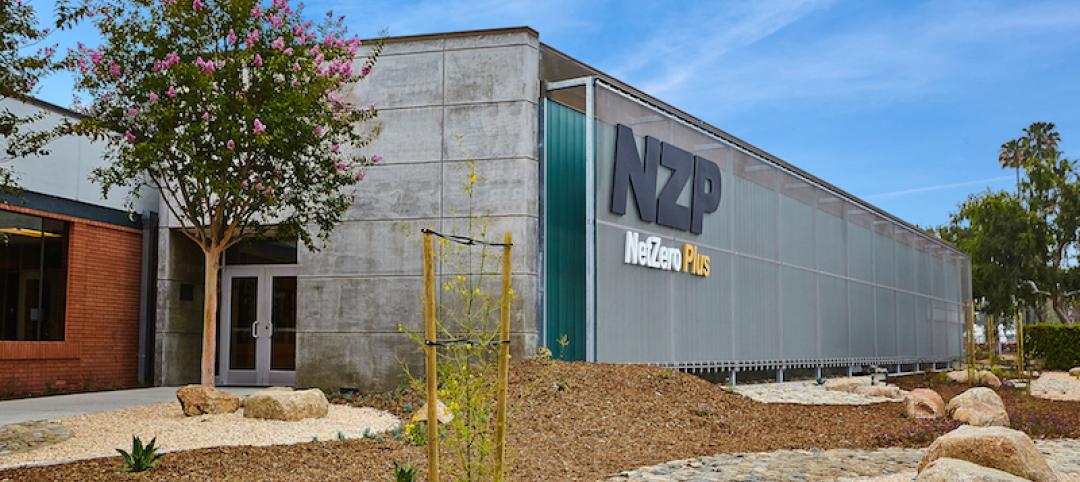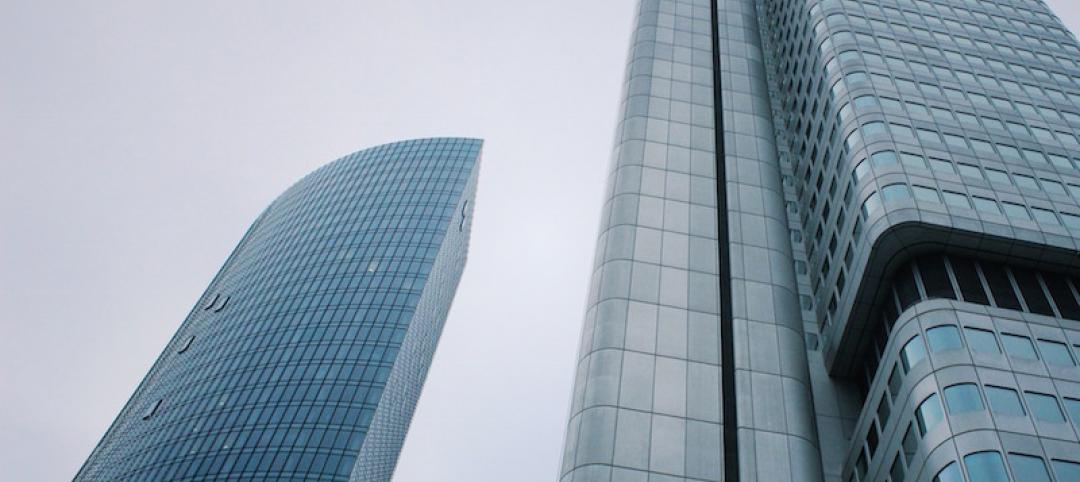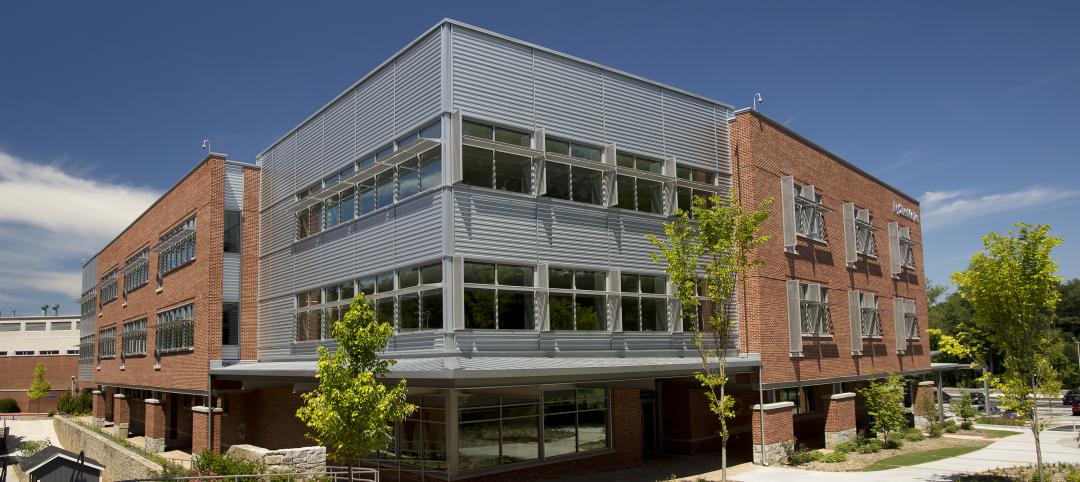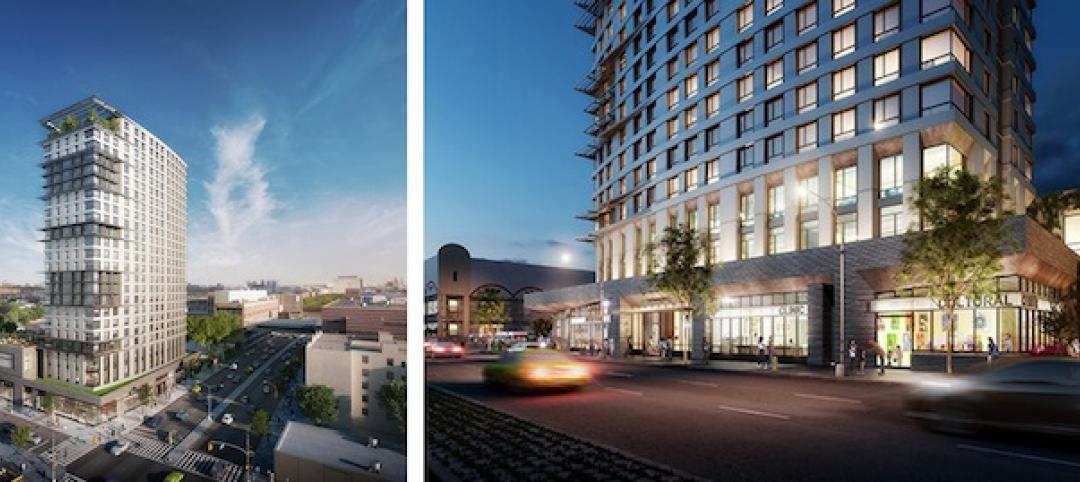The U.S. Green Building Council (USGBC), in partnership with C40 Cities Climate Leadership Group (C40) and the World Green Building Council (WGBC), released a compendium of briefs that showcase the sustainability, building energy use, and climate change policy work of cities across the globe.
Approximately 74 percent of the cities examined are implementing incentives for a greener built environment, 61 percent have enacted municipal green building policies and 49 percent are pursuing sustainable community policies.
“The findings within these briefs indicate that cities are making impressive investments to create more resilient and sustainable built environments, as well as impact the health and wellbeing of their citizens,” said Roger Platt, president of the U.S. Green Building Council. “Many mayors are forging the path toward a more sustainable future, and cities are the lifeblood of policy innovation. The collective impacts and outcomes showcased across these briefs show thoughtful leadership and innovation.”
The research covers an assessment of policies, plans, projects, and programs in 66 C40 cities. Categories include: city-wide sustainability initiatives, private sector green building incentives, green codes, sustainable community development, energy benchmarking, green schools, green affordable housing, and sustainable transportation measures. Additional data points on the uptake of green building certified projects are included where applicable. Collectively, nearly 5,000 projects in these cities have achieved LEED green building certification.
“Building energy use is a leading contributor to urban greenhouse gas emissions and therefore represents one of the greatest opportunities for cities to tackle climate change,” said Mark Watts, executive director of C40. “This report shows that C40 cities, representing 500+ million people and one quarter of the global economy, are taking bold and innovative steps to improve the long-term sustainability of their municipal and private building infrastructure, for the benefit of urban citizens.”
The compendium of briefs can be found at www.usgbc.org/city-market-briefs andhttp://www.c40.org/research.
Related Stories
Sustainability | Sep 19, 2016
Brussels’ Botanic Center apartment block looks to live up to its name with the addition of 10,000 plants and a rooftop “Chrysalis”
The project, which has been commissioned and is in the design phase, would eliminate CO2 and produce its own energy.
Energy | Sep 13, 2016
Oberlin College to hold conference on post-fossil fuel economy
The gathering will address climate change and new sources of energy.
Sustainability | Aug 30, 2016
New federal project plans must include climate impacts
Agencies must quantify the specific impacts when possible.
Energy Efficiency | Aug 17, 2016
Investor Confidence Project aimed at raising trustworthiness on energy efficiency projects
The new initiative screens projects to see if they are investor-ready.
Sponsored | Energy Efficiency | Jul 27, 2016
Metal Roofs Have Solar Advantage
A large roof can become a resource that saves significant money on energy consumption and helps reduce emissions of CO2 and it turns out metal roofs make excellent hosts for solar panels.
Sponsored | Energy Efficiency | Jul 8, 2016
Solar carports power Major League Soccer stadium in Utah
Wanting to capitalize on the abundant energy produced by the sun, the Real Salt Lake professional soccer club built carports in the parking lot using MBCI metal roofing with solar panels. The panels generate 73% of the stadium’s total power needs.
Energy Efficiency | Jun 13, 2016
The nation’s largest net zero-plus commercial building retrofit opens in L.A.
The goal of the Net Zero Plus Electrical Training Institute is for this structure to become a model for emergency operations centers for communities.
Sustainability | Jun 8, 2016
New program certifies the performance of existing buildings in the U.S.
BREEAM USA, an offshoot of a program already in place in Europe, aims to ease the point of entry.
Sponsored | Energy Efficiency | May 16, 2016
Metal wall panels’ deep shadow lines break up massing of Georgia school
Marist School, a private Roman Catholic college preparatory school, creates a highly-sustainable structure on its campus.
Green | May 16, 2016
Development team picked for largest Passive House project in North America
The 24-story curved building would be 70% more efficient than comparable housing in New York City.





